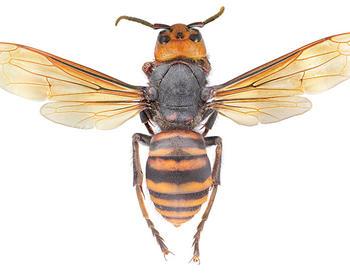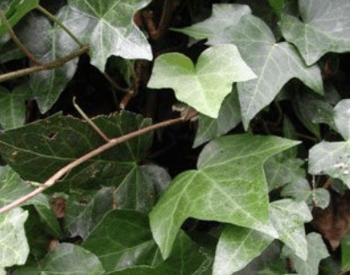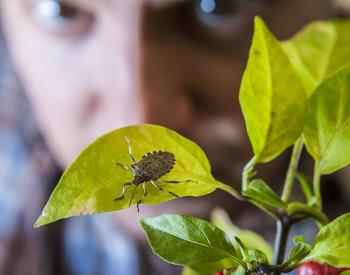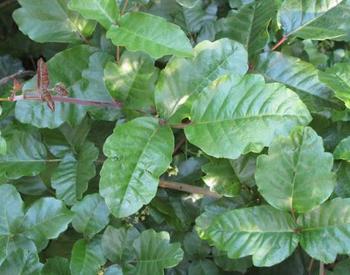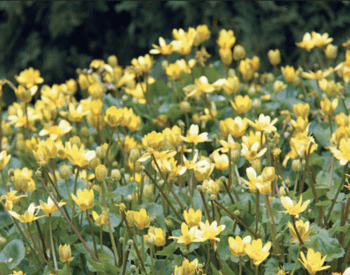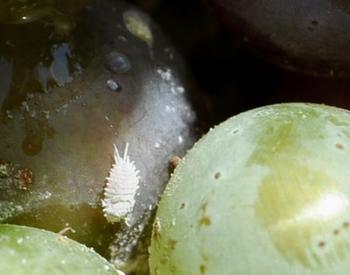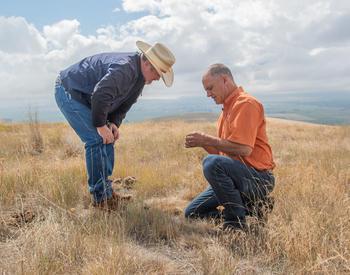Greetings. Do you have any tips or resources on helping rid, or at least control creeping bamboo? Digging up is partially helpful here, but a water pipe located below the main plant makes it problematic. Mainly want to control the shoots. Seems like repeated applications of Round Up is the most common suggestion so far. Attached is a photo of the broad leaf variety we're dealing with.
Glyphosate (regular Roundup) is not terribly effective on established bamboo. I recommend that you trench deeply enough around the perimeter to have exposed all runners. Next, back dig out the runners as far as possible. Then, keep the bamboo canes and sprouts cut down constantly.
Here is some information from a bamboo expert:
Bamboo can be controlled in a small area by mowing or stepping on the young shoots. Mow a broad (fifteen to twenty feet) mowing strip around the planting, especially in the spring, when the new growth is tender. Runners that are creeping over from a neighboring yard will have to be cut off. Sever the runners from the mother plant and cut off any new shoots. This will deprive it of all food sources and it will die off.
The easiest way to prevent unwanted bamboo growth is to install a root barrier between the bamboo grove and the bamboo-free zone. Here's how to make a barrier:
- Dig a trench approximately 36 inches deep.
- Use rolls of fiberglass, aluminum flashing, cement or 40 ml polypropylene in the trench.
- Leave about 2 inches of the barrier above the soil to discourage rhizomes from growing over the top of the barriers.
Only a few herbicides are effective on bamboo, and they can also kill nearby ornamentals in the process. If herbicides are used, do not plant herbaceous ornamentals or shrubs in that area.
Use pesticides safely!
- Wear protective clothing and safety devices as recommended on the label. Bathe or shower after each use.
- Read the pesticide label—even if you’ve used the pesticide before. Follow closely the instructions on the label (and any other directions you have).
- Be cautious when you apply pesticides. Know your legal responsibility as a pesticide applicator. You may be liable for injury or damage resulting from pesticide use.


